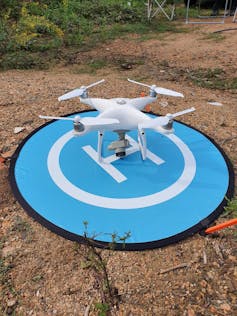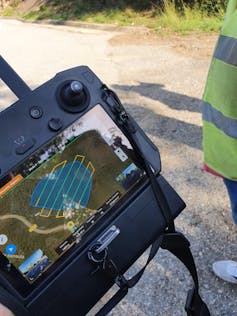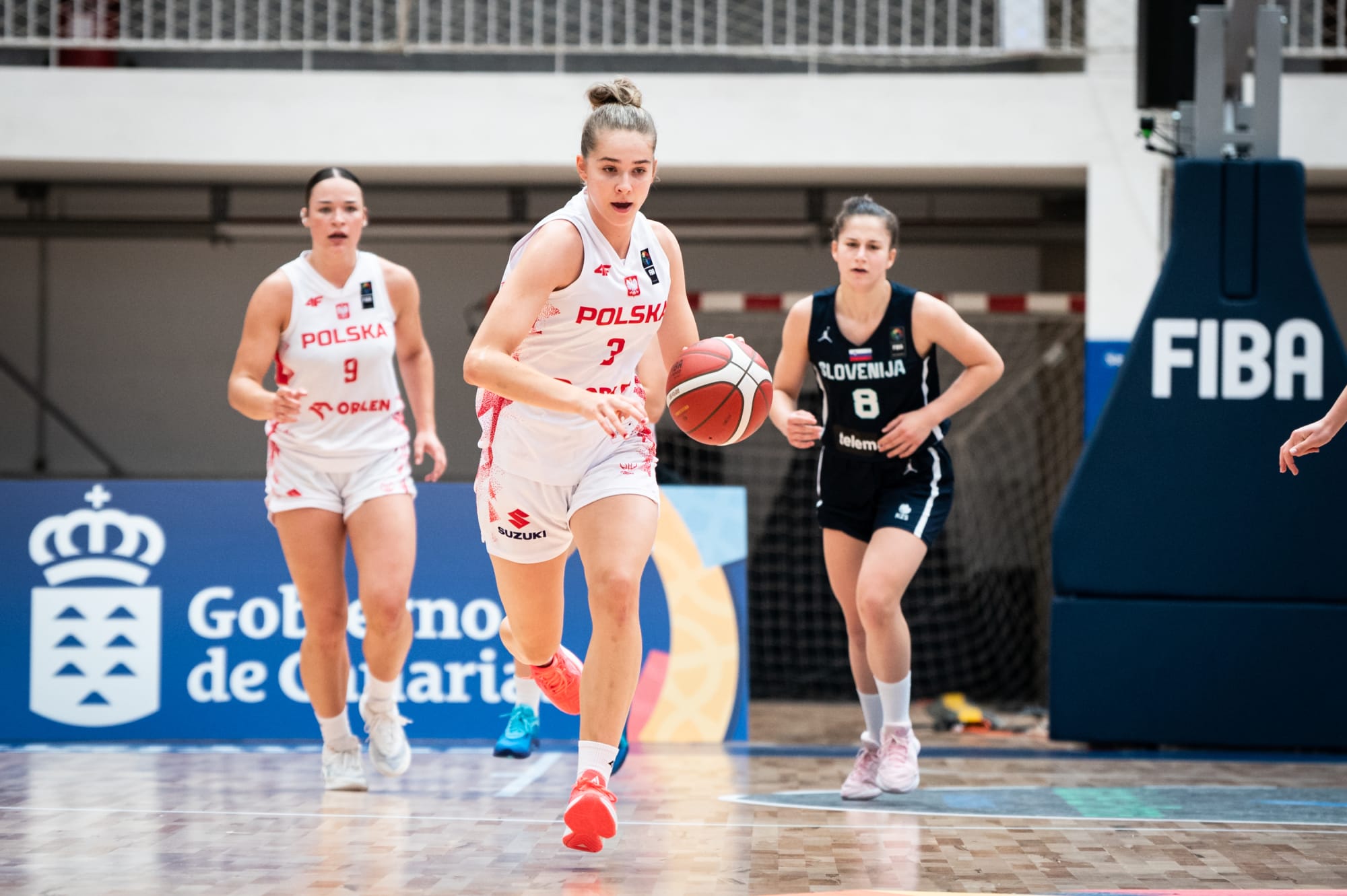Carbon capture in Mediterranean soil: how farmland can trap greenhouse gases
Imagine if we could find a way to capture the greenhouse gases that are warming our planet. One way to do this is carbon farming, a practice that has great potential as a green business model, especially in countries with a Mediterranean climate.
Carbon farming works by incorporating organic matter into the soil, thereby increasing its organic carbon storage. Some of the most significant carbon farmming practices are agroforestry, soil organic cover, reduced ploughing, effective water use, and integrated fertilisation management, which includes efficient planning and application of crop nutrients and prioritising the use of organic fertilisers.
These practices have a number of other benefits. They improve ecosystem services (the benefits that an ecosystem provides to society), move us closer to a circular economy, and help to prevent and control pollution. They also protect and restore biodiversity.
However, in the Mediterranean region, there are several technical, economic and social barriers to consolidating it as a sustainable business model.
Carbon markets emerged as a way to incentivise the reduction of greenhouse gas emissions. These systems use carbon credits as a unit of financial measurement – one carbon credit represents one tonne of CO₂ that has been reduced, avoided, or removed from the atmosphere.
There are currently three main systems for trading carbon credits: regulated, voluntary, and hybrid markets.
The first of these, the European Emissions Trading System (EU ETS), obligates companies by law to reduce emissions, or to buy permits if they exceed limits. It applies to large emitters, such as transport and aviation, but not to agriculture.
The voluntary market is used by companies that are not legally obligated to reduce their emissions, but wish to do so as part of their sustainability, marketing and corporate responsibility strategies. In this market, independent organisations certify projects that generate these credits.
The hybrid system combines voluntary and regulated markets to reduce emissions. While it can bring benefits, a lack of transparency and standards creates fertile ground for greenwashing, when companies pretend to be sustainable without real commitment.
In 2021, the European Commission developed a voluntary framework for certifying carbon capture projects in sectors such as agriculture. This meant they could be integrated into the European Union’s Common Agricultural Policy, which includes financial incentives for sustainable practices.
However, the Mediterranean’s agricultural and climatic complexity makes it difficult to monitor and verify carbon levels in agricultural soils.
The Mediterranean region faces extreme weather events that affect carbon sequestration. These include droughts, heat waves and heavy rainfall. High climate variability makes it difficult to establish reliable baselines, which means monitoring has to be adaptive and carefully targeted.
Additionally, the region has a variety of soil types – limestone, clay and sandy – which each have different capacities to retain and store carbon. This diversity makes it difficult to monitor and accurately quantify the carbon stored, and thus to remunerate farmers for the carbon sequestration they generate.
For this reason several research centres, such as the UVic-UCC BETA Technological Centre, are working to identify and develop tailor-made technologies and methodologies that can detect small changes in the soil in order to measure carbon levels.
Thanks to mathematical models developed by long-term projects, we can determine the amount of organic matter present in a soil sample that is representative of a certain area. This is then used to estimate the CO₂ contained in that fraction of matter, and therefore the carbon it has captured.
It is easier to apply models like these on homogeneous land, such as the US corn belt, where sampling requires less effort. In Europe, greater variety complicates matters, and makes sampling plans more expensive, usually at the producers’ expense. In the case of the Mediterranean region, models that have been specifically calibrated for its agro-climatic conditions yield more accurate carbon measurements.

Remote sensing techniques are the most potentially useful tool here. They use high-resolution multispectral satellite imagery, composed of multiple bands of the electromagnetic spectrum (e.g. infrared or ultraviolet), where each band provides specific data that can be used to estimate some soil properties, such as organic matter content. In this way, we can calculate possible uptakes that result from agronomic management.

Unmanned aerial vehicles, such as drones, can capture detailed information on vegetation, soil type and moisture levels, all of which are also related to the amount of carbon sequestered. Images taken at different wavelengths allow for estimations of soil biomass and organic matter.
Likewise, CO₂ flux towers or gas exchange towers – high-tech devices that measure gas concentrations in the air thousands of times per minute – are very useful for measuring the amount of CO₂ released by the soil in a field. The data obtained is then fed into a series of equations, which estimate how much gas is moving in and out of the ecosystem.
Carbon farming in the Mediterranean has great potential, but faces challenges due to agro-climatic diversity and lack of standardised methods. Mechanisms such as the CAP and voluntary markets can boost climate neutrality, but only if they are adapted to local conditions.
You may also like...
Diddy's Legal Troubles & Racketeering Trial

Music mogul Sean 'Diddy' Combs was acquitted of sex trafficking and racketeering charges but convicted on transportation...
Thomas Partey Facing Rape & Sexual Assault Charges

Former Arsenal midfielder Thomas Partey has been formally charged with multiple counts of rape and sexual assault by UK ...
Nigerian University Admission Policy Changes

JAMB has clarified its admission policies, rectifying a student's status, reiterating the necessity of its Central Admis...
Ghana's Economic Reforms & Gold Sector Initiatives

Ghana is undertaking a comprehensive economic overhaul with President John Dramani Mahama's 24-Hour Economy and Accelera...
WAFCON 2024 African Women's Football Tournament

The 2024 Women's Africa Cup of Nations opened with thrilling matches, seeing Nigeria's Super Falcons secure a dominant 3...
Emergence & Dynamics of Nigeria's ADC Coalition

A new opposition coalition, led by the African Democratic Congress (ADC), is emerging to challenge President Bola Ahmed ...
Demise of Olubadan of Ibadanland
Oba Owolabi Olakulehin, the 43rd Olubadan of Ibadanland, has died at 90, concluding a life of distinguished service in t...
Death of Nigerian Goalkeeping Legend Peter Rufai

Nigerian football mourns the death of legendary Super Eagles goalkeeper Peter Rufai, who passed away at 61. Known as 'Do...


